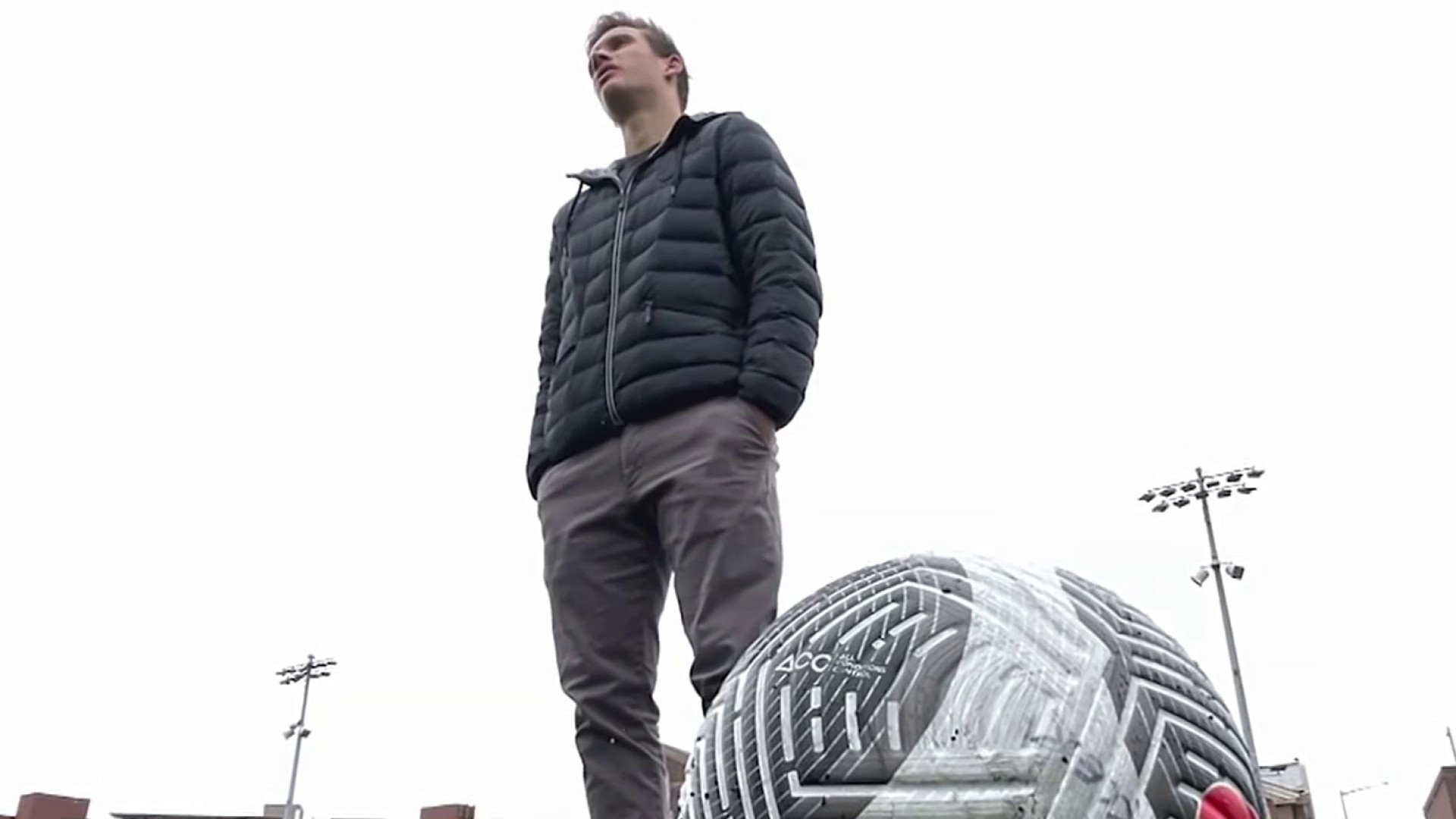A flight from Paris had a close call with a drone while landing at Dulles International Airport Thursday afternoon.
The pilot of Air France Flight 54 reported to the tower crossing a drone about 100 feet above the Boeing 777. The tower then warned other pilots about the drone deep inside restricted airspace.
“It’d definitely shake you up, I mean, if you see a drone 100 feet above you and you’re already at 700 feet,” commercial pilot JC Silvey said.
A small drone can cause major damage, especially during takeoff or landing, said Silvey, who’s been flying for a commercial airline for 20 years.
“You’re low on energy at that point, and to think that you can really maneuver that airplane around to avoid it, not very likely,” he said.
Silvey also owns a drone. He has an FAA license to record aerial images for Silvey Residential, his Leesburg-based real estate company.
“It’s been a huge benefit to my business,” he said.
Local
Washington, D.C., Maryland and Virginia local news, events and information
But he only flies his drone outside restricted airspace and he takes precautions, such as letting smaller airports like Leesburg Executive notice of where he’s flying..
“It’s smart to talk to the airport manager,” he said. “I always call ahead before I fly, tell him where I’m going to fly, when I’m going to fly.”
There are 722,000 drones registered in the U.S., according to the FAA. Thousands more may be unregistered.
The FAA also reports a 50 percent increase in pilots spotting drones in 2016 compared to 2015.
The Air Line Pilots Association said this is happening too often and drone operators should adhere to the FAA regulations.
“We cannot afford to wait and see what happens if one collides with an airline aircraft," ALPA said.
Air Line Pilots Association statement:
"Reports of airline pilots encountering UAS while in-flight are occurring way too frequently. For years ALPA has called on the FAA to mitigate this hazard to safe flight. There are risks associated with operating aircraft and the nation's incredible airline safety record is due to constant efforts to identify and mitigate those risks. Drone operators should adhere to FAA regulations which includes seeing and avoiding manned aircraft, visit www.knowbeforeyoufly.org, and understand the potential consequences of unsafe actions.
“Individuals operating drones in dangerously close proximity to airports and airline aircraft, regardless of intention, are not operating to the same safety standards necessary to ensure safety. We cannot afford to wait and see what happens if one collides with an airline aircraft. An aggressive effort to identify and penalize those who choose to jeopardize aviation safety is needed.”



